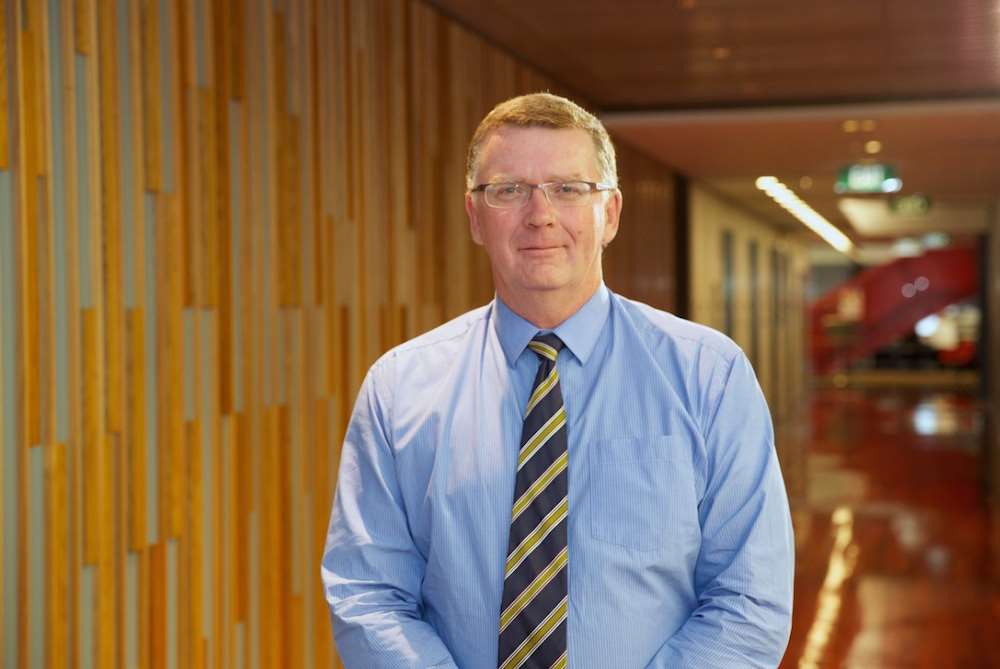Westpac chief information officer Dave Curran has called the future of IT in Australia “very cloudy” unless business leaders, educators and policy makers come together to train enough people to “help power the digital revolution”.
Speaking at the University of Technology Sydney (UTS), Curran said “without significant changes and action to increase the talent pipeline in Australia, we could miss out” on the economic benefits of the digital age.
“From where I’m standing Australia is not yet prepared for this revolution,” he said.
“The need for change in Australian education is urgent. If we want the next generation of Australians to succeed in the digital age, we need to pick up the pace through our education system, in the way we’re raising our kids and in the way we run our businesses.”
Curran lamented the number of secondary students that continued to pursue tertiary studies in medicine and law.
“I am a firm believer that everyone should follow their dreams and pursue the career they want, but why is it that smart year 12 students who aren’t sure what they want to do are more often than not funnelled into law and medical degrees?” he said.
“Now please don’t get me wrong: I think medicine and law are very important professions, but they are two professions clearly being impacted by the digital revolution.”
Curran said he believed educators could do more to engage children and teenagers and “harness their passion for technology”.
Parents could also do more to encourage children to pursue technology studies, he said.
“Australian parents don’t understand what the future holds for their children, but I think it is up to us as parents to help guide our young people through this time of change,” Curran said.
Part of the problem is also universities, where technology degrees don’t reflect the demand for skills out in the industry.
“Gone are the days where an IT graduate gets a job as a programmer,” Curran said.
“The jobs of the digital revolution are things like data scientists, cloud architects, gamification designers, and cyber security specialists.
“These are also the jobs that current curriculums are not preparing our students for. Why don’t we have an undergraduate or postgraduate degree in cyber security?”
Start-up drift
Curran also used his address to seek greater support for start-ups in Australia.
He argued the sector was a major driver of innovation that wasn’t being given a chance to flourish on local shores.
“When we do have talent coming through the pipeline we often let it slip away overseas,” he said.
“I just recently returned from a trip to Silicon Valley where I met dozens of young Australian entrepreneurs who are making it in the United States after failing to get support in Australia.
“Or even worse, they didn’t even try to establish their businesses here but jumped immediately on a plane with their amazing ideas.”
Curran said while some “inroads” had been made on start-up support – Westpac is one of a number of large organisations to fund a venture capital or incubation arm – he believed "both business and government have more work to do in supporting this growing sector of our economy".










